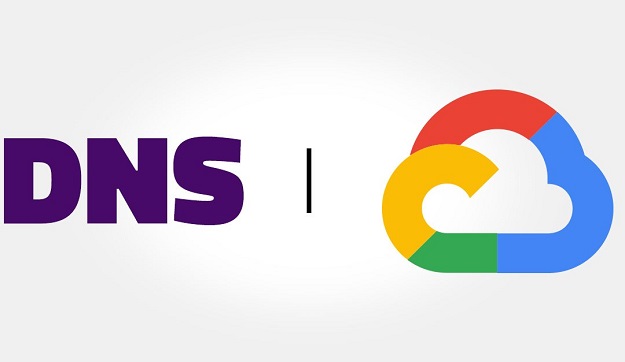The Cloud DNS is a domain name service, which allows you to publish your services, domain names, and applications on the global database. The technology eliminates the need for you to build your own infrastructure, which saves you money.
When you talk of a domain name service, it is mission-critical when you are doing business on the Internet. For instance, a failure of the DNS will lead to inaccessible apps and data, which will cause missed profits and customer frustration.
You can store your data and IP addresses on the cloud DNS and search them quickly by inputting their name. You also have a choice about opting for private and public DNS zones. When you say public DNS, the records can be viewed on the Internet, while a private zone can only be accessed on identified networks.
When you go for a private zone, you can have customized domain names for your virtual network, resources, apps, and load balancers without anybody seeing the DNS data.
According to estimates, the DNS service industry will surpass $500 million by the year 2024. It has a compound annual growth rate of 13% from 2019 to 2024.
Here are some of the benefits of cloud DNS:
1. Eliminates downtime
It would be best if you worked with a service provider that adopts a DNS failover solution. This handy feature will guarantee that your servers and apps are always accessible to your customers. For instance, the company will continually monitor your servers from different locations. They will then funnel the traffic to the pre-selected servers to avoid downtime.
2. Allows you to focus on your business
Most companies have not even heard about the DNS network and how resource-intensive it is. When you hand over the task of designing and managing the technology via cloud services, then you can focus on your core operations.
3. Saves you money
You do not have to spend on the hardware infrastructure for your DNS network. And you never have to worry about repair and maintenance, as the service providers of cloud DNS will do that for you. If your IT is not proficient in DNS, it will lead to the poor performance of your website.
4. Scalability
With multiple servers and a ready network in the cloud DNS, you can quickly scale up your operations. It is recommended that you choose a service provider with a physical server near your location to reduce, if not eliminate, latency.
5. Uptime Reliability
Due to their multiple redundant points of presence, you have peace of mind regarding your website’s uptime. Again, when you manage your DNS network in-house, you will have to look for a technician to repair the fault when something happens. Meanwhile, your website is unavailable to your potential customers while the system is being fixed. Instead, with cloud DNS, when the network trips, the packets are rerouted to another server. It means no downtime.
In conclusion, when visitors interact with your website, the process begins with a DNS query. Imagine if you have an unreliable service? Your page will be very slow to load, if at all. Google says that visitors tend to leave if the page loads for more than five seconds. It means a potential loss in business. Cloud DNS services will ensure reliability, stability, and scalability.

